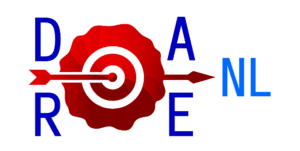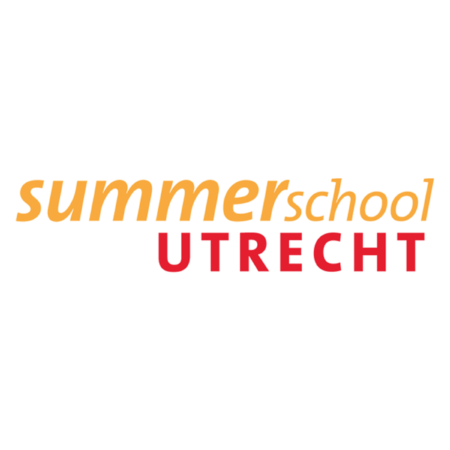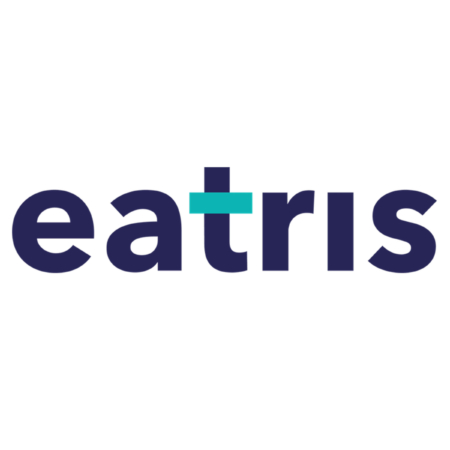Description
Basics of 3D printing, biofabrication and an insight into the challenges encountered when translating 3D printing towards biomedical applications
Want to know more?
Combined with lectures from renowned experts in the field of Biofabrication, the course will also yield an insight into the challenges encountered when translating 3D printing towards biomedical applications. It will deliver the basics of 3D printing, including hands-on workshops with 3D printers, in which the students will interact with experts demonstrating the working principles and applications of multiple bioprinting technologies.
In July 2025, the 12th 3D Printing & Biofabrication summer course will be organised in Utrecht. This one-week course will provide an insight into the opportunities of additive manufacturing technologies and 3D printing in biomedical applications. It will provide the basics of 3D printing, including a hands-on workshop at the bioprinting facility to interact with experts and learn how multiple printing technologies work and are applied in the biomedical field. In addition, it will also give an insight into the challenges encountered when translating 3D printing to biofabrication.
Additive manufacturing (3D printing) uses a layer-by-layer principle for creating physical objects starting from 3D computer designs. The success of the field of additive manufacturing will be extended to produce biological tissues, to address the many health challenges facing an increasingly aging population. Biofabrication could thus be used to repair tissues damaged by trauma, disease or cancer, while many diagnostic applications and pharmaceutical (screening) systems could also benefit from this developing technology.
The course will provide the basics of 3D printing, including interactions with the Utrecht Biofabrication Facility, and introduction to 3D design software and bioprinting. In addition, it will contain lectures by international specialists on the specific challenges encountered when translating 3D printing to biofabrication. Lectures and workshops from companies involved in the field of medical 3D printing are also part of the programme. Specific topics include the development of bioinks, development and application of 3D in vitro models and the required control over processing conditions. Finally, the course will provide state-of-the-art examples of how currently biofabrication is translated from bench towards the bedside.







Reviews
There are no reviews yet.